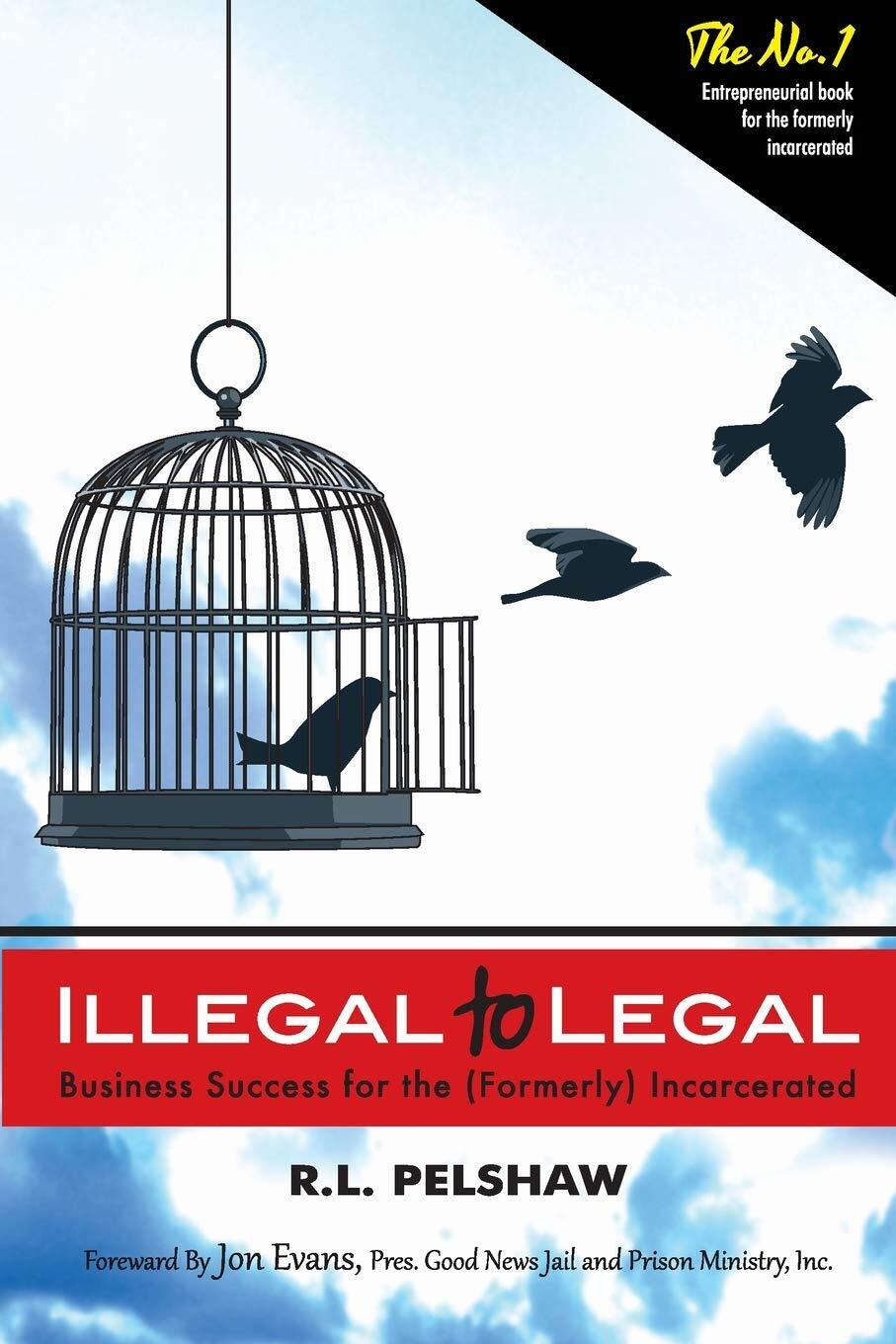We’ve all heard the phrase, “Innocent until proven guilty,” but how many of us know where in the U.S. consistution it says it? Is the phrase a law or just something we say?
Will from FSL La Tuna wanted to know exactly that: “Where in the United States legal system does it say ‘innocent until proven guilty?’”
While I generally stay away from specific legal and sentencing questions, this one was too interesting to resist. Especially since I felt my prosecutor needed to re-read that section!
I found this information at Wikipedia, which I directly quote as the sole source of my answer:
The “presumption of innocence” is the principle that one is considered innocent until proven guilty. In many nations, presumption of innocence is a legal right of the accused in a criminal trial. The burden of proof is thus on the prosecution, which has to collect and present enough compelling evidence to convince the trier of fact, who is restrained and ordered by law to consider only actual evidence and testimony that is legally admissible, and in most cases lawfully obtained, that the accused is guilty beyond reasonable doubt. If reasonable doubt remains, the accused is to be acquitted. Under Anglo-American Common Law, the accused is always presumed innocent in all types of proceedings; proof is always the burden of the accuser.
Although the Constitution of the United States does not cite it explicitly, presumption of innocence is widely held to follow from the 5th, 6th, and 14th Amendments and the cases Coffin v. United States and In re Winship.
So while the Constitution itself doesn’t have this standard of legal proof, the Bill of Rights wove it into our basic rights as U.S. citizens.
Ask Bob answers questions about life, successful re-entry, starting a business and entrepreneurship, and most anything that adds value, except the column does not cover legal issues, sentencing matters, or case issues.
To ask Bob a question, click here.



